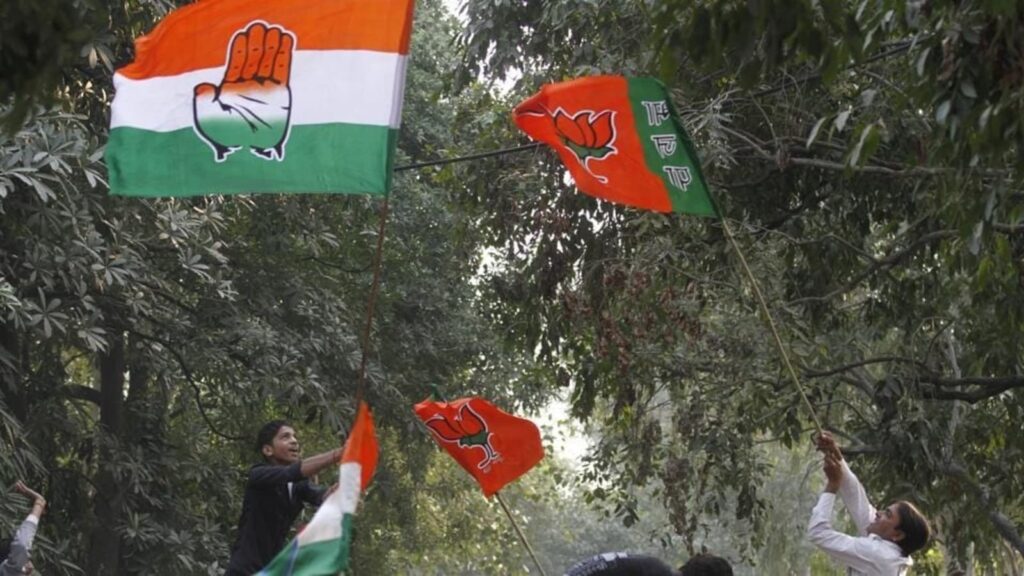The assembly elections in Karnataka are crucial not only because it is the biggest state or the first south Indian one to go to polls this year. It is important because both national challengers, the Bharatiya Janata Party (BJP) and the Congress, are trying out long-term strategies that may have ramifications beyond the state.
For the BJP, the election marks the beginning of a new era. Organisationally, the party has sought to effect a generational change, pushing to the background an older crop of leaders, some of whom have rebelled and are fighting the elections as rival candidates. Counting day will show whether the voter has opted to go for the party and its ideology, or remained loyal to the pool of influence of local leaders. Ideologically, it marks a shift for a party that embraced a different kind of Hinduism in the state during its ascent in the 2000s. A galaxy of mathas and seers shaped religious discourse and the BJP was largely content in accommodating these leaders, in return for electoral support. This time, the campaign saw a more hardline edge that was hitherto reserved for coastal Karnataka region and the Hindi heartland. Former chief minister (CM) BS Yediyurappa’s disavowals of issues such as hijab and halal only underlined the contrast.
For the Congress, the stakes are higher. Two of the three states it rules on its own go to the polls this year, and Karnataka represents its best chance of snagging a resource-rich state and establishing that it is still capable of taking on the BJP. But it is also trying out, after its successful outing in Himachal Pradesh, an aggressively local campaign. Former CM Siddaramaiah and state unit chief DK Shivakumar have sought to position the Congress as a national party sensitive to local interests. The other prong of its evolving national strategy, a demand for upping the reservation ceiling and more caste-based redistribution of resources, also found greater voice in Karnataka. For the first time, the Congress promised to hike the quota ceiling to 75%. If this clicks on May 13, expect much more national churn.
The voters will also answer two questions. One, the urban apathy in polls seen in recent years. In 2018, Bengaluru’s turnout was 17 percentage points lower than the state average. Will a high-decibel campaign change that? And two, Karnataka is a state where the transactional nature of politics has been exposed, perhaps more than in any other state, as proved by the large number of defections in the past decade. Will this have a political cost, or have voters become inure to ideological vacillations? May 13 will tell.
Enjoy unlimited digital access with HT Premium
Subscribe Now to continue reading


